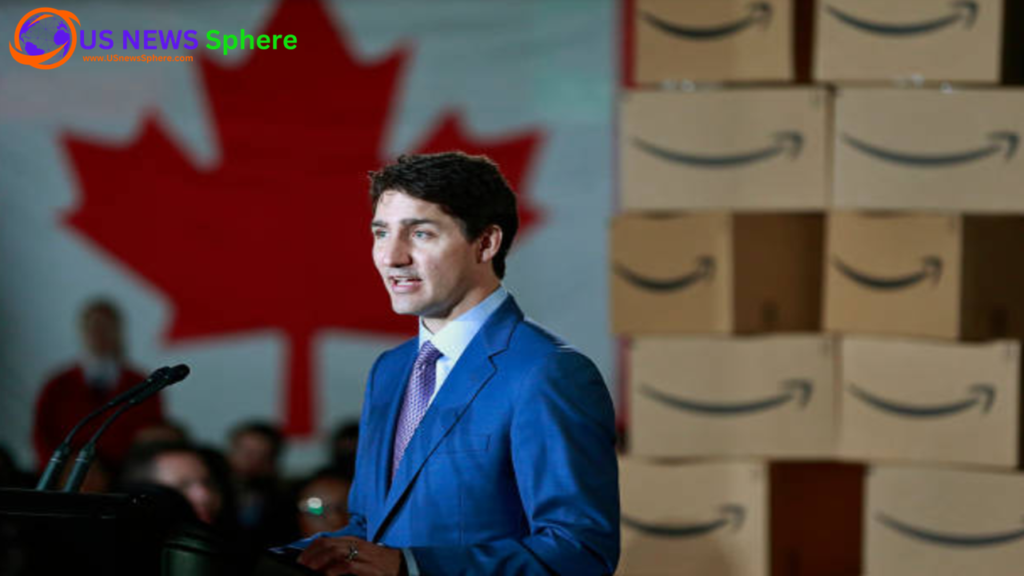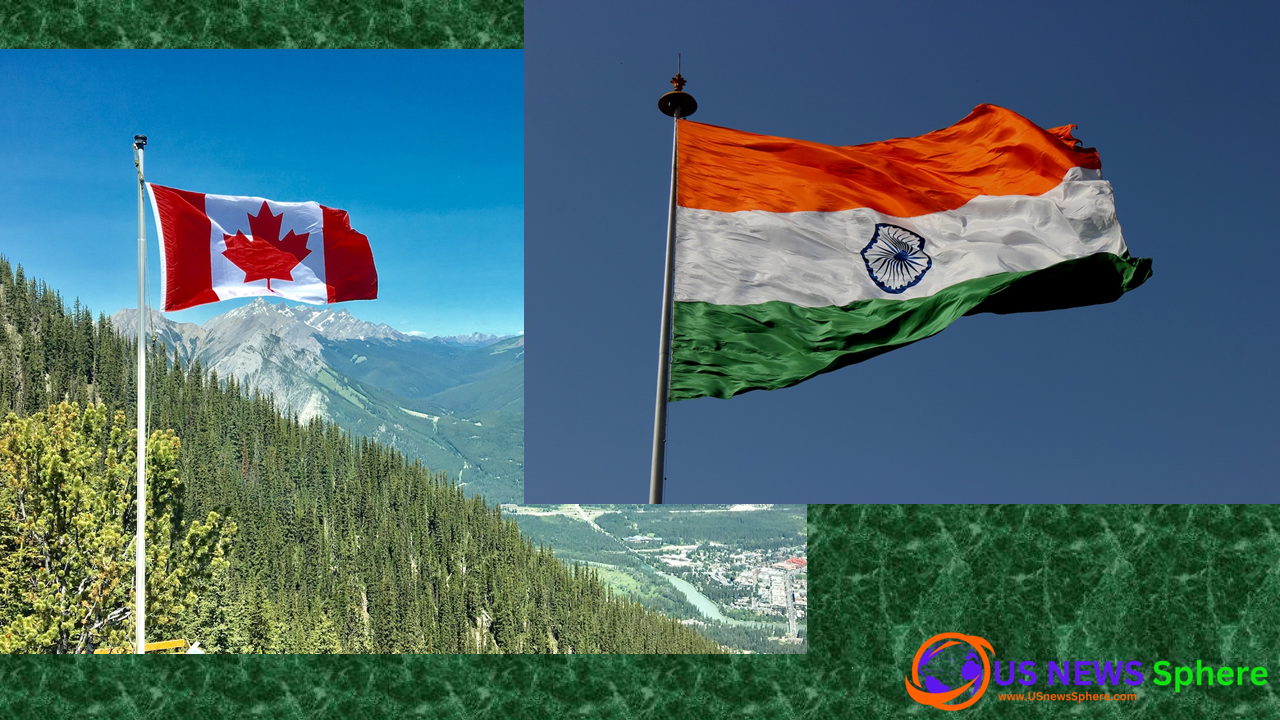The recent assassination of a Sikh separatist in Canada has intensified diplomatic tensions between Canada and India. Canadian Prime Minister Justin Trudeau has pointed fingers at India, leading to a series of events that could reshape international relations. (USnewsSphere.com)
Table of Contents

The canadians Assassination Incident:
In a shocking event, a Sikh separatist, Hardeep Singh Nijjar, was assassinated near a Sikh temple in Vancouver, British Columbia. Nijjar was a prominent figure advocating for the creation of Khalistan, a separate Sikh nation carved out of India’s Punjab region. (cnn)
Trudeau’s Allegations:
Prime Minister Justin Trudeau has publicly alleged that “agents of the Indian government” were involved in the assassination. While he has not provided detailed evidence, he cites “credible allegations” that have been under investigation by Canada’s security agencies.
India’s Response:
India has vehemently denied any involvement in the assassination. Furthermore, they have accused Canada of providing refuge to Sikh extremists who pose a threat to India’s sovereignt
The Global Context:
The assassination and subsequent allegations come at a time when the U.S. is trying to strengthen ties with India. President Biden has been engaging with Prime Minister Narendra Modi to bring India closer to the U.S., especially given India’s strategic importance in global geopolitics.
The Impact on U.S. Diplomacy:
The growing rift between Canada and India puts the U.S. in a delicate position. While the U.S. has been fostering relations with India, it cannot ignore the serious allegations made by its close ally, Canada. The U.S. State Department has expressed concern and urged a thorough investigation.
The Local Perspective:
The Sikh community in British Columbia is in shock and mourning. Nijjar had been a key figure in rallying support for Khalistan. His death has left a void in the community, with many fearing for their safety.
The Broader Implications:
If the allegations against India are proven, it could have significant implications for global politics. Such an act would be seen as a severe breach of trust and could lead to diplomatic isolation for India.
Unraveling the Tensions Between Allies
The recent events surrounding the assassination of Sikh separatist Hardeep Singh Nijjar have undeniably strained relations between two major global players, Canada and India. As allegations and counter-allegations fly, the international community watches closely, understanding the broader implications this could have on global alliances and geopolitics.
Prime Minister Justin Trudeau’s firm stance and demands for a thorough investigation underscore Canada’s commitment to upholding justice and its sovereignty. On the other hand, India’s vehement denials and counter-accusations highlight the complexities of international politics, where national interests often clash with global partnerships.
The situation also puts the United States in a delicate position, given its recent diplomatic overtures towards India. Balancing relations with both Canada and India will be a diplomatic tightrope for President Biden’s administration.
As the investigations unfold and more details come to light, one thing is clear: the international community awaits a transparent resolution. The outcome of this situation will not only determine the future of Canada-India relations but could also set a precedent for how democracies respond to allegations of foreign interference.
In the end, the tragic death of Mr. Nijjar serves as a stark reminder of the intricate web of global politics and the delicate balance nations must maintain in their international relations. It’s a lesson in diplomacy, sovereignty, and the continuous pursuit of justice on the global stage.





